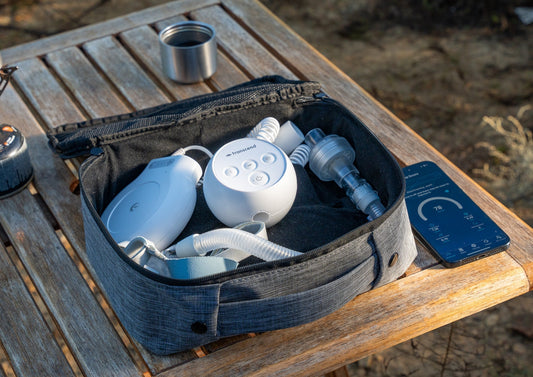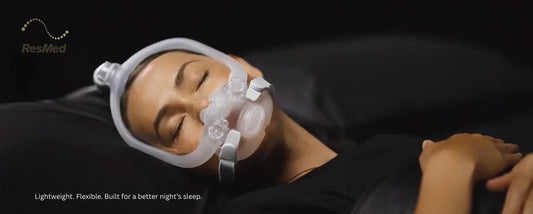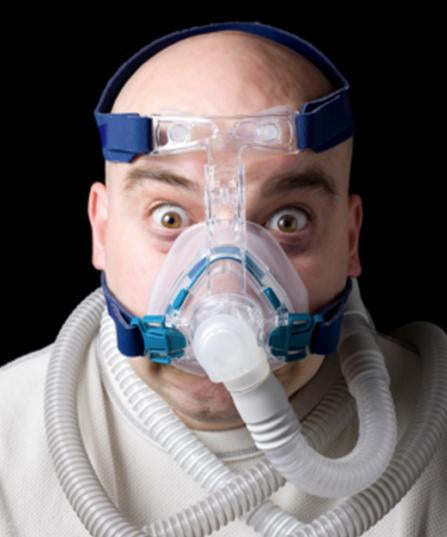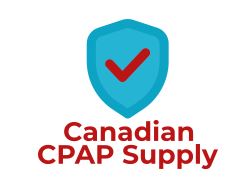Sleep apnea. Now what?

Top Travel CPAP Machines in Canada
Maintain quality sleep while travelling. Whether you're a frequent flyer, a road tripper, or simply looking for a more portable CPAP solution, the right travel CPAP can make a world...
Top Travel CPAP Machines in Canada
Maintain quality sleep while travelling. Whether you're a frequent flyer, a road tripper, or simply looking for a more portable CPAP solution, the right travel CPAP can make a world...

In-Depth Look at the ResMed AirFit X30i: A New ...
Finding the right CPAP mask can make all the difference in your sleep therapy journey. That’s why we’re excited to introduce the ResMed AirFit™ X30i Oral-Nasal Mask, now available at CanadianCPAPSupply.com. Designed...
In-Depth Look at the ResMed AirFit X30i: A New ...
Finding the right CPAP mask can make all the difference in your sleep therapy journey. That’s why we’re excited to introduce the ResMed AirFit™ X30i Oral-Nasal Mask, now available at CanadianCPAPSupply.com. Designed...

Find the Best CPAP Masks in Canada: CPAP Masks ...
Discover the different types of CPAP masks and how to select the best one for your sleep apnea therapy. Explore top-rated CPAP masks in Canada with expert buying tips from...
Find the Best CPAP Masks in Canada: CPAP Masks ...
Discover the different types of CPAP masks and how to select the best one for your sleep apnea therapy. Explore top-rated CPAP masks in Canada with expert buying tips from...

AirSense 11 or DreamStation 2? Compare Top CPAP...
Compare the ResMed AirSense 11 and Philips Respironics DreamStation 2 CPAP machines in this in-depth guide. Discover key differences in features, comfort, and user experience to find the right fit...
AirSense 11 or DreamStation 2? Compare Top CPAP...
Compare the ResMed AirSense 11 and Philips Respironics DreamStation 2 CPAP machines in this in-depth guide. Discover key differences in features, comfort, and user experience to find the right fit...

What are the benefits of a heated cpap tube?
The use of a heated CPAP tube is a beneficial addition to CPAP therapy for those who suffer from obstructive sleep apnea. A heated CPAP tube can provide a number...
What are the benefits of a heated cpap tube?
The use of a heated CPAP tube is a beneficial addition to CPAP therapy for those who suffer from obstructive sleep apnea. A heated CPAP tube can provide a number...

CPAP Mask Selection Questionnaire
Are you new to CPAP therapy and feeling overwhelmed by the variety of CPAP masks available? Finding the right mask is crucial for your comfort and treatment success. Let's explore...
CPAP Mask Selection Questionnaire
Are you new to CPAP therapy and feeling overwhelmed by the variety of CPAP masks available? Finding the right mask is crucial for your comfort and treatment success. Let's explore...
